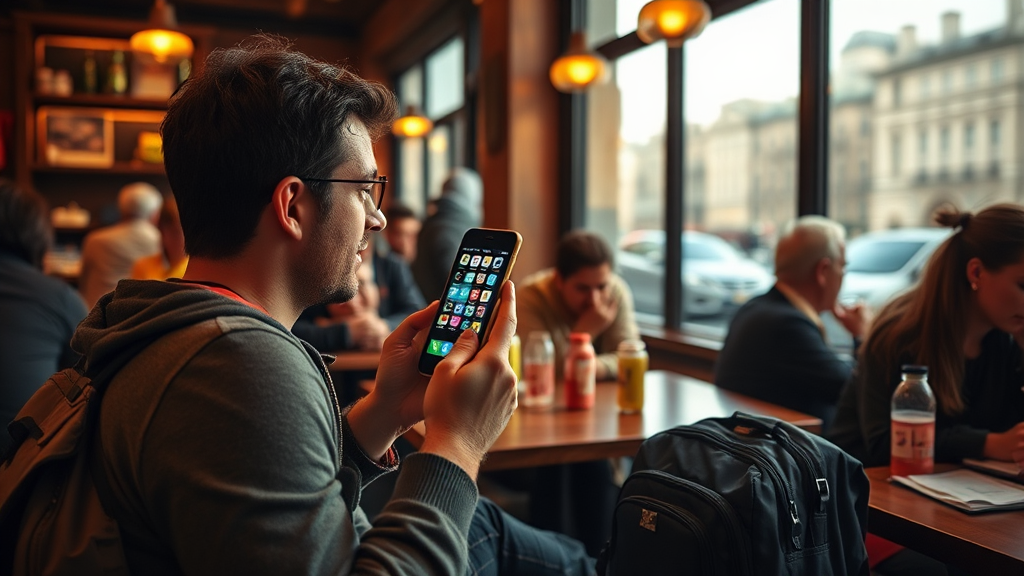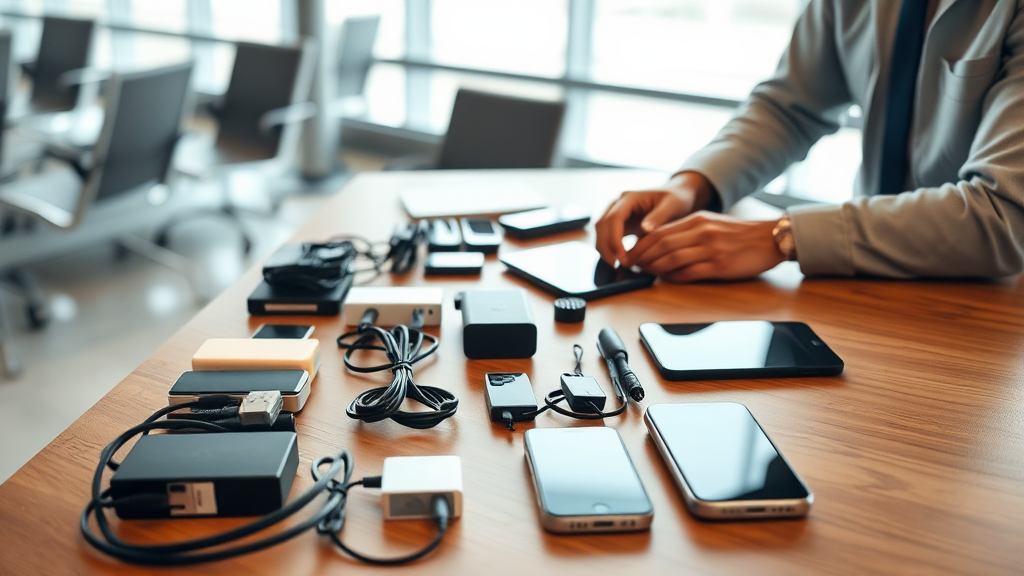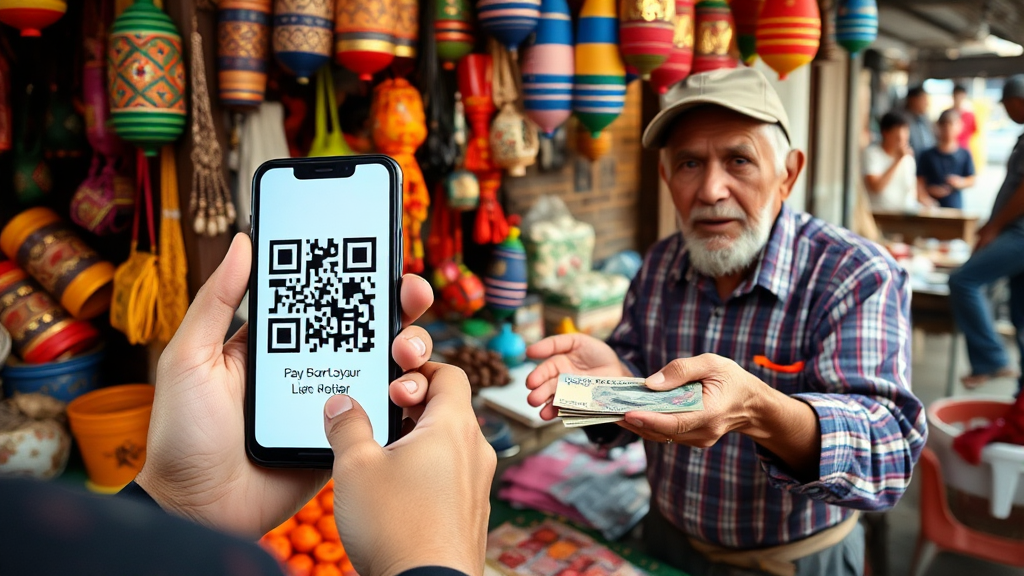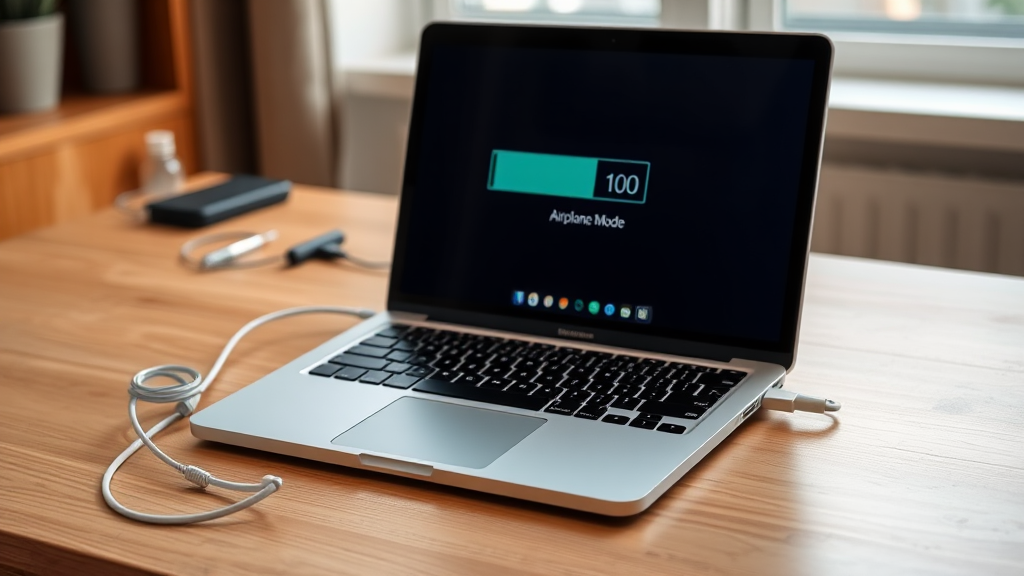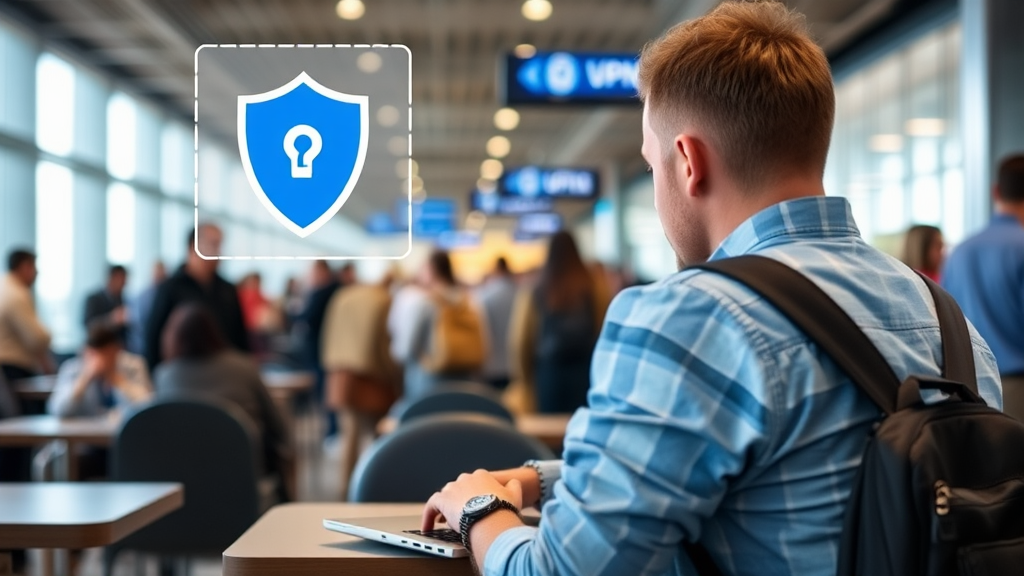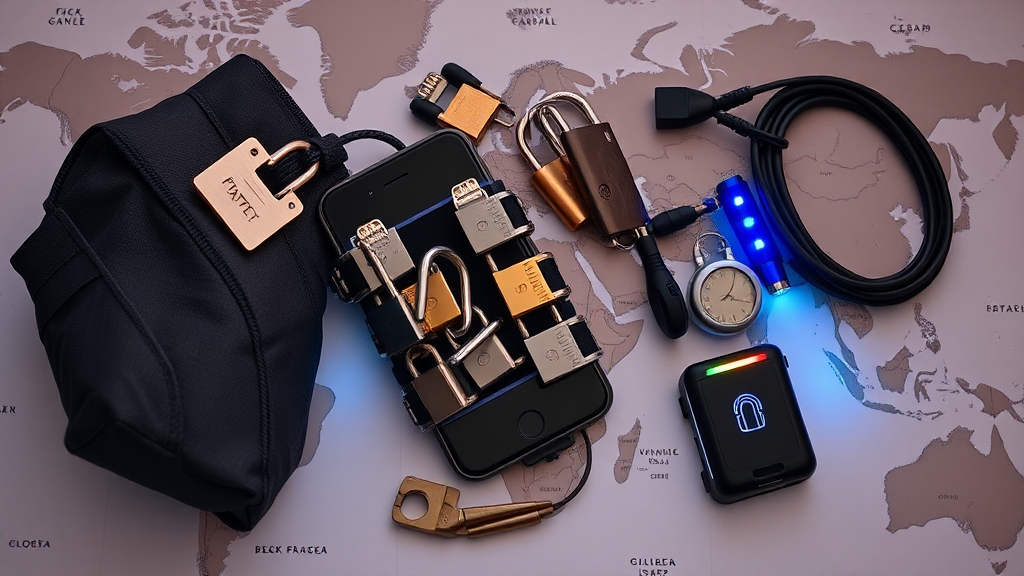A Virtual Private Network (VPN) is a powerful tool for travelers, offering enhanced security and privacy while using public Wi-Fi networks. This article explores how to set up and use a VPN effectively during your travels.
What is a VPN?
A VPN creates an encrypted tunnel between your device and a remote server, masking your online activity and location. This protection is especially valuable when connecting to potentially unsecured networks in hotels, airports, or cafes.
Benefits of Using a VPN While Traveling
- Enhanced security: Protects your data from potential hackers on public Wi-Fi
- Privacy protection: Masks your IP address and browsing activity
- Access to geo-restricted content: Allows you to bypass regional restrictions on websites and streaming services
- Avoiding censorship: Helps access blocked websites in countries with internet restrictions
Choosing the Right VPN Service
Selecting a reliable VPN provider is crucial for a smooth and secure travel experience. Consider these factors when making your choice:
- Server locations: Look for providers with servers in countries you plan to visit
- Speed and performance: Ensure the VPN doesn’t significantly slow down your connection
- Device compatibility: Choose a service that works across all your devices (smartphone, laptop, tablet)
- Customer support: Opt for providers offering 24/7 support in case of issues
- Price: Compare plans and features to find the best value for your needs
Recommended VPN Services for Travelers
| VPN Service | Key Features | Best For |
|---|---|---|
| ExpressVPN | Fast speeds, wide server coverage | Overall performance |
| NordVPN | Strong security features, affordable | Budget-conscious travelers |
| Surfshark | Unlimited devices, low cost | Families or groups |
Setting Up Your VPN
Once you’ve chosen a VPN service, follow these steps to set it up on your devices:
- Download the app: Install the VPN application from your provider’s website or app store
- Create an account: Sign up using your email and payment information
- Log in: Open the app and enter your credentials
- Choose a server: Select a server location, preferably in your home country or destination
- Connect: Click the connect button to establish a secure VPN connection
Tips for Effective VPN Use
- Always connect to the VPN before joining a public Wi-Fi network
- Use the auto-connect feature to ensure protection whenever you’re online
- Test your VPN connection before relying on it for sensitive activities
- Keep your VPN app updated for the latest security features
Best Practices for VPN Usage While Traveling
Maximize your VPN’s effectiveness and ensure a secure online experience with these best practices:
Connect Early and Often
Enable your VPN as soon as you arrive at your destination and keep it on whenever you’re online. This habit protects your data from the moment you connect to a new network.
Use a Kill Switch
Enable the kill switch feature if your VPN offers it. This automatically disconnects your internet if the VPN connection drops, preventing accidental data exposure.
Avoid Free VPNs
Steer clear of free VPN services, as they often have limited security features and may sell your data. Invest in a reputable paid service for reliable protection.
Be Mindful of Local Laws
Research VPN regulations in your destination country. Some nations restrict or ban VPN use, so stay informed to avoid legal issues.
Maximizing VPN Security During Travel
VPNs offer crucial protection for travelers, but using them effectively requires more than just turning them on. This article explores advanced strategies to enhance your VPN security while on the go.
We’ll cover best practices for VPN usage, common pitfalls to avoid, and tips for maintaining privacy in various travel scenarios. By the end, you’ll have a robust plan for safeguarding your data abroad.
Optimizing VPN Settings for Travel
Customizing your VPN settings can significantly boost security. Enable the following features:
- DNS leak protection: Prevents your real IP from being exposed
- Split tunneling: Routes only specific traffic through the VPN
- Double VPN: Adds an extra layer of encryption for sensitive activities
Regularly update your VPN app to benefit from the latest security patches and features.
Handling Public Wi-Fi Safely
Public Wi-Fi networks pose significant risks. Follow these steps for safe browsing:
- Connect to your VPN before joining any public network
- Use HTTPS websites whenever possible
- Avoid accessing sensitive information (e.g., banking) on public Wi-Fi
- Disable file sharing and auto-connect features on your devices
Consider using your mobile data plan instead of public Wi-Fi for added security.
Navigating VPN Restrictions Abroad
Some countries restrict or ban VPN usage. Research local laws before your trip and consider these options:
- Obfuscated servers: Disguise VPN traffic as regular internet traffic
- Stealth VPN protocols: Help bypass deep packet inspection
- Alternative VPN ports: Use port 443 to blend with HTTPS traffic
If VPNs are illegal at your destination, respect local laws and seek alternative security measures.
Protecting Your Identity While Traveling
VPNs are just one part of a comprehensive privacy strategy. Implement these additional measures:
- Use a secure password manager to generate and store unique passwords
- Enable two-factor authentication on all important accounts
- Consider a travel-only email address for online bookings and reservations
- Use privacy-focused browsers like Tor or Brave for sensitive browsing
Regularly clear your browser history, cookies, and cache to minimize data tracking.
VPN and Device Security Checklist
| Action | Frequency |
|---|---|
| Update VPN app | Before each trip |
| Check for DNS leaks | Weekly |
| Rotate VPN servers | Daily |
| Clear browser data | After each session |
Conclusion: Staying Secure in a Connected World
Effective VPN usage while traveling requires vigilance and proactive measures. By optimizing your settings, handling public Wi-Fi carefully, navigating restrictions, and protecting your identity, you can enjoy a secure and private online experience abroad.
Remember, no security measure is foolproof. Stay informed about the latest threats and continuously adapt your strategies. With these tools and knowledge, you can explore the world with confidence in your digital security.


